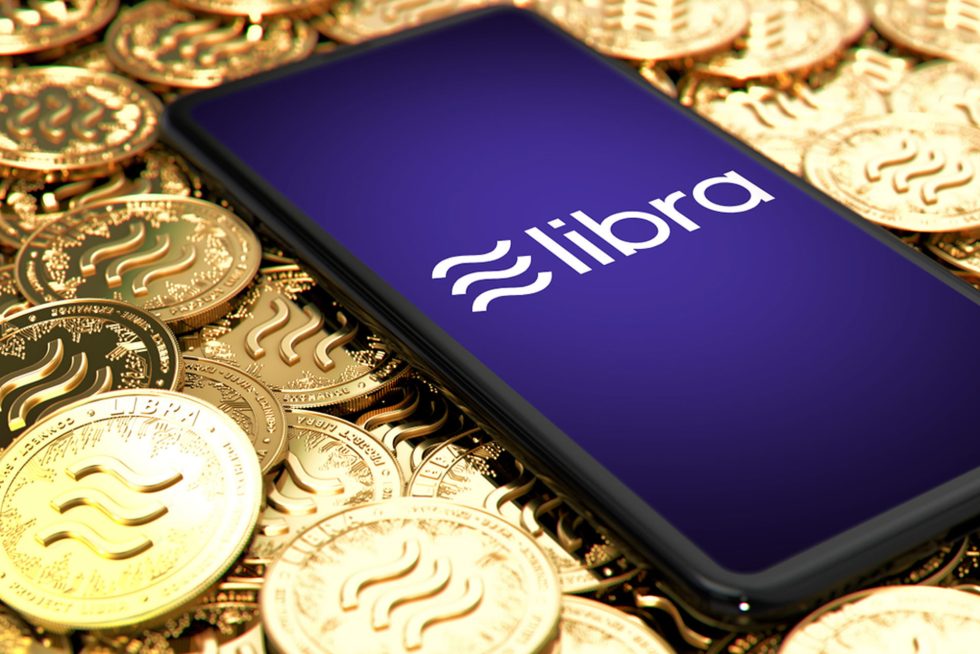Recently, Facebook came under heavy fire for a massive security breach of its network and personal data pilferage of millions of users. However, in a letter to US senators, the social media giant has assured that it will not be collecting and storing data of users of its “cryptocurrency” Libra. What percentage of the previous statement will be actuated remains to be seen.
Facebook Libra Blockchain And How It Works
Facebook has a pathetic demonstrated history of handling user privacy, security, and data so it makes perfect sense to assume a certain degree of skepticism over its move to enter the financial services vertical. All the more when it involves cryptocurrency and blockchain.
In a letter penned by Facebook blockchain lead David Marcus to the US Senate Banking Committee the background and workings of the project were explained. The interesting parts involve how personal information, which Facebook harvests in huge quantities, is intertwined with transaction data on the blockchain.
When the question on privacy and consumer protection arose the answer implied that the user’s identity will not be linked to transactions recorded on the Libra blockchain. However, it added that:
“Only data relevant to each transaction, such as the blockchain address of the sender and receiver, the timestamp, and the transaction amount, are recorded and publicly visible.”
The letter continued stating that third party Calibra wallet providers would need to store KYC and AML information on their users, adding:
“Regulators of Calibra and other digital wallet services can require them to collect information about the identity and activities of their users and make such information available to law enforcement and regulatory agencies,”
Purchase, Merchant, Amount, Date Collected
A question regarding what consumer financial information Facebook already has was answered vaguely stating that a subsidiary called Facebook Payments Inc. handles the transactions. The big question was what does Facebook itself collect regarding user spending habits and the answer was pretty clear.
“As Facebook is the platform on which these transactions take place, Facebook Inc. also collects data related to the transaction (eg. purchase, merchant, transaction amount, date, time) similar to any other commerce platform.”
It added that Facebook already collects information related to interactions on its Marketplace in order to better tailor products and advertising. Marcus did state that the company does not sell to unaffiliated third parties. However, the question remains: does that include ‘affiliated parties’ such as those huge credits and fintech giants forking out big bucks to be part of the Calibra consortium?
The smoke and mirrors may be good enough for those with little knowledge of the technology behind digital currencies, but Facebook has already proved itself to be one of the largest personal data harvesters on the planet so why should it stop that business model now when finances are involved.
Would you trust Facebook with your digital finances? Add your comments below.
Images via Shutterstock
